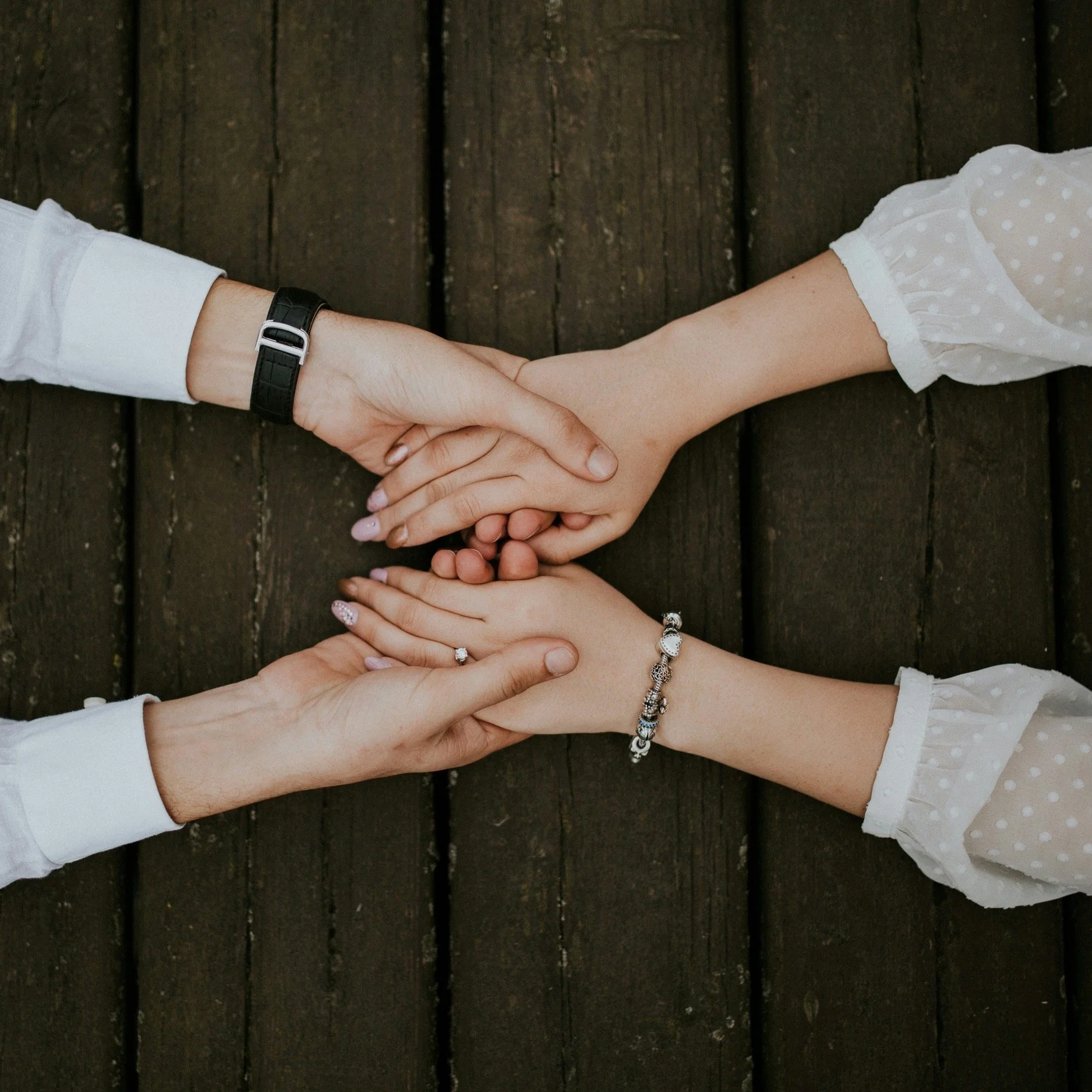Males accounted for three quarters of suicide deaths in 2020, with the 45–64-year-old age group having the highest suicide rate (ONS, 2020). This is an alarming statistic which raises the question of what gets in the way of men accessing the support they need for their mental health, and how can we do better?
We spoke to two of the male mental health professionals at The Bodart Practice; Victor Reid and Dr James Le Couteur about their experiences of mental health both as males and as practicing mental health professionals. Here’s what they had to say as well as what the research tells us about barriers for men addressing mental health concerns, and potential solutions.
What are the barriers for men to ask for help?
‘…As a man because I still struggle with expressing vulnerability, feelings and emotions and asking for support in some relationships, I can also see the issues with men surrounding mental health and the struggles we have reaching out.’
Research has emphasised many reasons underlying the difficulties for men to ask for help. Men are often socialised into believing asking for help is ‘weak’ and will impact their masculinity. There is a gap in educating men on the importance of asking for help, meaning they may not always have the right tools and mindset to address their mental health needs. Gender-roles play a massive part in how individuals perceive the world but also how they want to come across to others, whether this is in social situations, the workplace, or their everyday behaviours. Based on societal pressures, there are key ideologies about what it means to be a man which can impact help-seeking behaviours. Traditionally, men are seen as strong, breadwinners and protectors, meaning any signs of weakness open the floor to negative consequences. Different cultures and backgrounds can also emphasise these roles to a greater or lesser extent. This is reflected in phrases such as ‘Man up’ or ‘Boys will be boys’, which have a damaging influence on how males, especially at young age, understand their roles in society. This is the gender-role conflict theory which has been found to have links to negative mental health implications and thus, a lack of help-seeking behaviours. Men may struggle to reach out to friends, family, or professionals in order to preserve this social status ingrained within them and suffer in silence instead. Bottling up emotions can be damaging to mental and physical health, leading to increased anxiety, depression, and suicidal thoughts because there may not appear to be a way out.
Opening the door to mental health
‘Imagine you have a delivery arrive and they knock on your door. What would they do next if you ignored them? They would knock again... but louder, as they are trying to get your attention’
James used this analogy to help explain how ignoring emotions doesn’t just make them go away. In the short term we may have succeeded in suppressing them, but sure enough they will return and need our attention and may present themselves in other ways like irritation or physical health complaints.
Gender-roles can lead to men suppressing their emotions, feeling trapped and misunderstood and turning to more risk-taking behaviours to cope. Rather than talk to someone about mental health, men may brush it off and turn to a more ‘masculine’ activity or withdraw further. Research has found men tend to suppress emotions and display more anger-related emotions instead, which can become worse with the influence of substances such as alcohol or drugs.
Experiencing emotions, positive and negative is what makes us human. Acknowledging and labelling feelings as they arise it is the first step in being able to reach out to talk or to ask for help. Being able to notice unhelpful narratives (like ‘emotions are weak’) and to challenge them can also be incredibly helpful - where did this belief or assumption come from? who does it belong to? is that true or helpful for you as an individual? What are the consequences? What could you do instead; when and with who?
Maybe “Man Up” should not in fact mean suppress our emotions and feelings but instead Show Up to them.’
Instead of telling men to be strong by not reaching out, we should be sending the message of being strong by facing problems head on. Face these difficult experiences and emotions by admitting they exist and asking for help in ways that feel safe - with those you can trust or using one of the many helplines or services available.
Emotional education and asking for support
‘I feel educating men on what support means. It's difficult to ask for support if one is not sure or knows what support means. Support can be interpreted as, “you are going to hurt me” ‘
There are many barriers men face when it comes to addressing mental health struggles, and we as a society must do better in creating a safe space for the men in our lives to open up. We need to encourage young boys to let out their emotions in a healthy way creating a habit which will benefit them. This can start from childhood in the way we talk to our children about how they feel. By starting conversations about feelings models that they are important and can be spoken about. There are also lots of great books about feelings that children really love and can be a good starting point to talking.
We need to take apart the traditional perceptions of men and masculinity and instead use more positive characteristics to encourage men to reach out. Efforts must be made to motivate boys and men at all ages and in all cultures to seek help both on an individual and professional level. This is a big task for all of us in society but you can start by reaching out to the men in your life and check in on them. They may be ready to talk to someone but may not know where to begin. Show them you care, you are here to listen and not to judge. Encourage them to seek professional help with someone who can show them how to overcome these struggles and address their emotions.
At The Bodart Practice, we have a diverse, multi-cultural team who are aware of the mental health struggles men face and aim to create a non-judgemental, safe space to encourage vulnerability. If you would like to talk to us about accessing support for yourself or someone you love, then schedule a free call with us today. We look forward to your call. If you would like to speak to a man specifically then put a note on your call booking and we will be happy to arrange that for you
Written by The Bodart Practice with contributions from Dr James Le Couteur & Victor Reid







